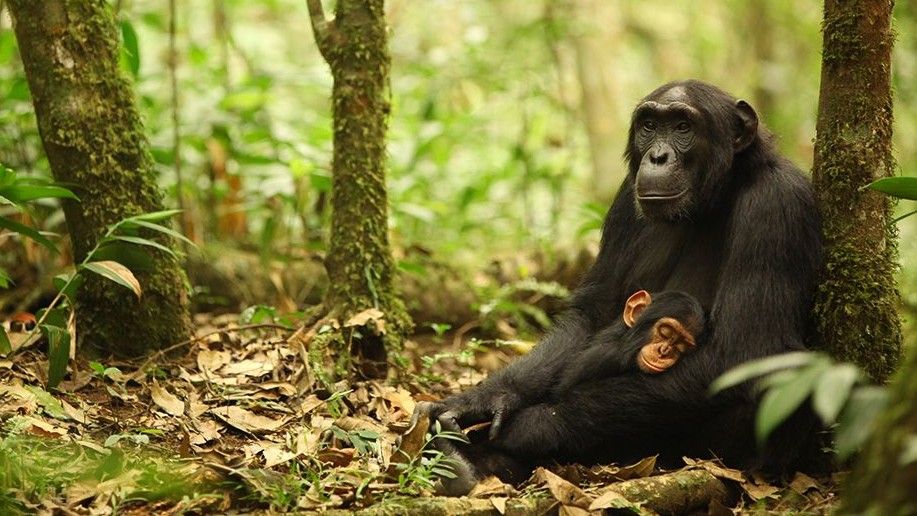Chimpanzee Consumption of Boozy Fruit May Illuminate Roots of Humanity’s Love of Alcohol
PositiveScience
Recent research reveals that wild chimpanzees consume the equivalent of several alcoholic drinks daily, shedding light on the evolutionary roots of humanity's affinity for alcohol. This fascinating behavior not only highlights the similarities between humans and chimps but also prompts us to reconsider our understanding of social drinking and its origins in the animal kingdom.
— via World Pulse Now AI Editorial System
